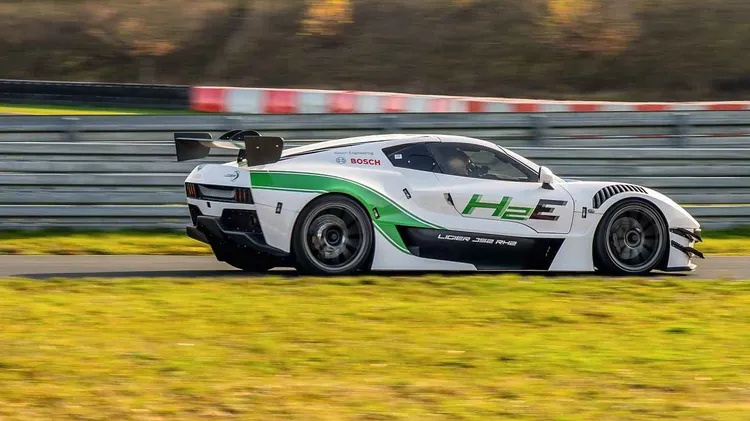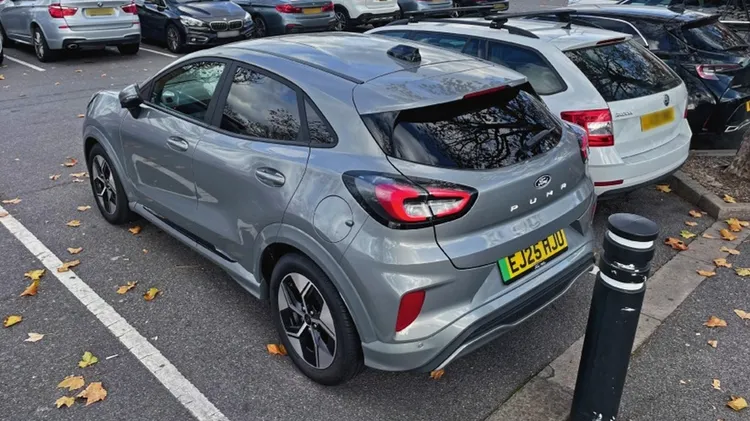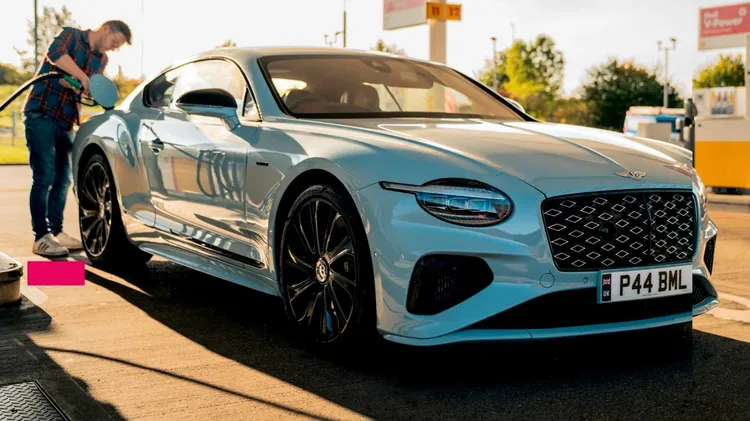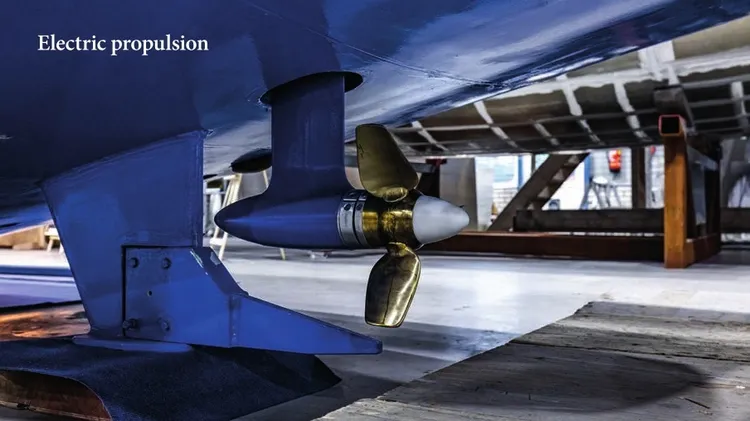Considering running your car on sustainable fuel? We’ve dyno tested the first publ
Fuel duel
9 min read
This article is from...
Read this article and 8000+ more magazines and newspapers on Readly






